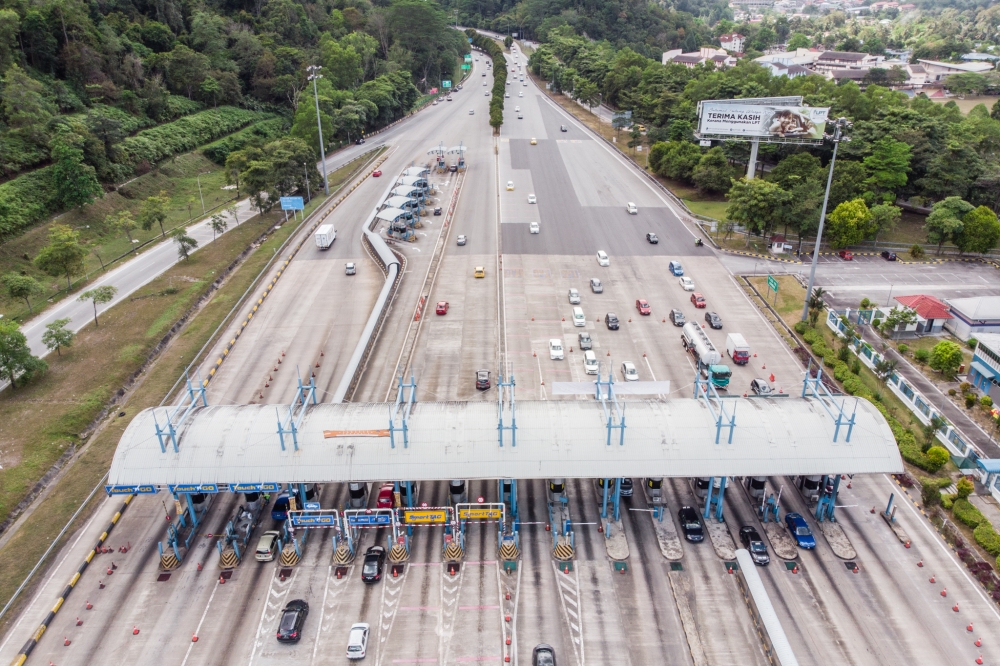KUALA LUMPUR, May 2 ― Born in Perak, a 13-year-old girl can now proudly call herself a Malaysian citizen after the High Court made a declaration in her favour today and ordered the National Registration Department (NRD) to issue her an identification card.
The government had previously refused to recognise the child as a citizen, as she was born to a Malaysian father and a Filipina mother before their marriage was registered and was considered illegitimate.
The child cannot be named, though her parents and lawyers have consented to the publication of her picture in news reports.
In her decision today, High Court judge Datuk Faizah Jamaludin said the girl was “no longer illegitimate” at the time the Home Ministry rejected her citizenship application nor when she filed for judicial review to challenge the citizenship refusal.
Faizah noted the girl’s parents had registered their marriage, and that their child had been legitimised from their marriage registration date onwards.
“I find pursuant to Section 3 of the Legitimacy Act, the marriage of the second applicant's parents rendered her legitimate,” the judge said, referring to the child as the second applicant.
“This is the decision of the court: An order of mandamus is granted to the respondents to issue a citizenship certificate and MyKad to the second applicant.
“It is hereby declared that the second applicant is a Malaysian citizen by operation of law under Article 14(1)(b) of the Federal Constitution, read together with Part II of the Second Schedule of the Constitution,” she added.
The judge gave no order for damages or cost.
When met outside court, both the girl and her father Lew Yee Hong said they were “happy” with the decision.
The child, whose name has been withheld at the request of the lawyers, is now in Form One at a school in Sungai Siput, Perak.
The girl's mother, who declined to be named, told reporters that she was very “happy” and overjoyed with the court's ruling.
Having waited a long time for this moment, the mother said she nearly cried “tears of joy” when hearing that her child was recognised as a citizen and would receive an identification card.
The child was born in Perak in November 2006, with her parents later registering their marriage in the same state on January 31, 2008.
Lew and his daughter were forced to file the legal challenge after eight years of waiting for recognition of citizenship.
Lew had applied on February 20, 2008 for citizenship for his daughter but received no response at all, causing him to then apply for a second time on October 13, 2011 only to receive a rejection letter over a year later on December 17, 2012.
Lew then mounted a third attempt on September 9, 2013 but received a rejection almost three years later on August 5, 2016, leading him to file the lawsuit on October 28, 2016 together with his daughter against the latest rejection.
All previous citizenship applications were rejected by the Home Ministry with no reasons given.
The lawsuit by Lew and his daughter are against the Home Ministry secretary-general, the National Registration Department’s director-general and the government of Malaysia.
In the lawsuit, the child had relied on two constitutional pathways in her bid for citizenship, including Article 14(1)(b) of the Federal Constitution read together with Section 1(e) of Part II of the Second Schedule of the Constitution.
In order to be recognised as a Malaysian by operation of law, Section 1(e) requires a person born in Malaysia to be “not born a citizen of any country”.
For a child who was born to a Malaysian father and non-Malaysian mother who were not married at the time of birth, the government's stand under local laws is that the child will take on the citizenship of the non-Malaysian mother's country of origin and would not be entitled to follow the Malaysian father’s citizenship.
However, lawyers previously said Section 1(e) should be read together with Section 2(3) of Part II of the Second Schedule, which they said makes it clear that Malaysia-born children who do not obtain citizenship from any other country within a year of their birth are Malaysian citizens.
The Perak-born child had not acquired the citizenship of any other country and her birth was never registered in the Philippines, her lawyers said in court documents.
The alternative constitutional provision the child was relying on in this case is Article 15A of the Federal Constitution, which empowers the federal government to register any person below the age of 21 as a citizen “in special circumstances as it deems fit”.
Senior federal counsel Maisarah Juhari, who represented the government, informed the High Court today of the differences between declarations of citizenship under Article 14(1)(b) and Article 15A.
Citizenship issued under Article 14(1)(b) means a person will be a citizen from their date of birth as it is citizenship by operation of law, while the Article 15A route means a person is a citizen from the date the court or the home minister decides and becomes citizenship via registration, Maisarah explained.
The court today chose to grant citizenship under Article 14(1)(b).
With the court’s decision today, Lew’s lawyer Annou Xavier said the child is now finally “part of the big family of Malaysia” after 13 years. Lawyer Larissa Ann Louis also represented the father and child.
Lawyers who held a watching brief today are G. Manimegalai for the Bar Council, Mahajoth Singh for the Human Rights Commission of Malaysia, Nurainie Haziqah Shafi’i for Yayasan Chow Kit, Ranee Sreedharan for the Development of Human Resources for Rural Areas Malaysia and Sharmila Sekaran for Voice of the Children.
Former Sungai Siput MP from Parti Sosialis Malaysia, Dr Michael Jeyakumar Devaraj, was also present in court today.





















